Cormac McCarthy and the Writing of American Spaces
Introduction Environmental Criticism and Cormac McCarthy Environmental Criticism/Ecocriticism Machine/Garden Nature/Culture Biocentrism/Anthropocentrism Space/Place Wilderness/Civilization A Debate in American Literature: The Nature of U.S. Spaces Columbus and the Edenic Trend From the Best of Places to the Worst of Places Vespucci and the Demonic Trend "The Greatest Fact": Buffon, De Pauw and Raynal The Puritans Hawthorne Later Manifestations of the Positive View: Crevecoeur Jefferson: "The Cultivators of the Earth Are the Most Virtuous Citizens" Emerson Frederick Jackson Turner The Dialectic of American Spaces McCarthy Criticism McCarthy as Author: Beginnings of Secondary Literature Close Readings of Important Secondary Literature Blood Meridian The Environment in Blood Meridian Judge Holden's View The Consequences of Judge Holden's View: A Changing Environment Optical Democracy All the Pretty Horses From the World of Blood Meridian to That of All the Pretty Horses Space According to the Edenic Trend Two Pictures of Horses: A Developing Notion of Wilderness Space According to the Demonic Trend Evil in Texas Versus Evil in Mexico A Definition of Country in McCarthy A New Way Forward The Crossing Borders New Country Language and the Land The Trinity Test No Country for Old Men The Road Apocalypse in American Literature Environmental Criticism and (Post-)Apocalypse A Close Reading of The Road: Ideas of the Natural and Technology Rock City The End of The Road: Biocentric Maps Conclusion Works Cited Index
{{comment.content}}
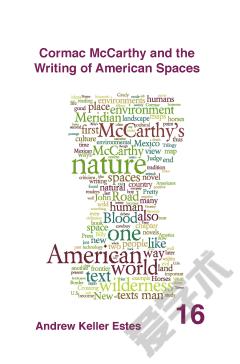
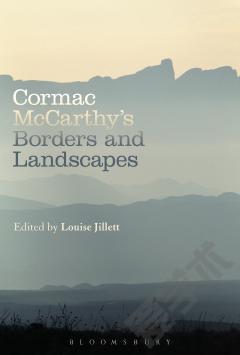
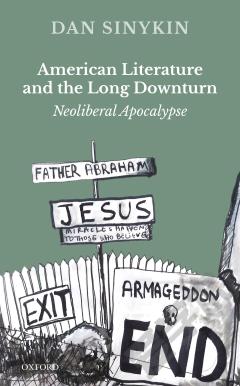
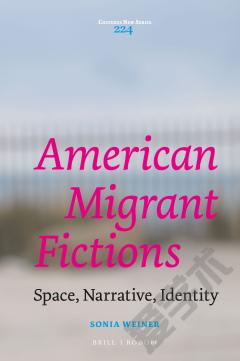
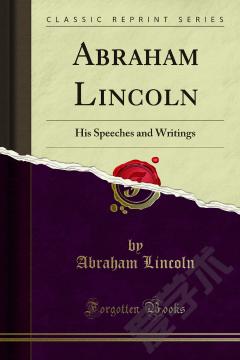
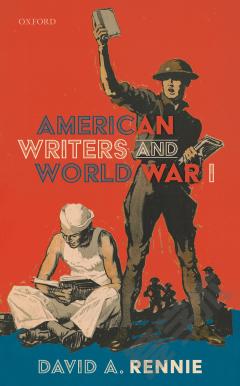


 京公网安备 11010802027623号
京公网安备 11010802027623号